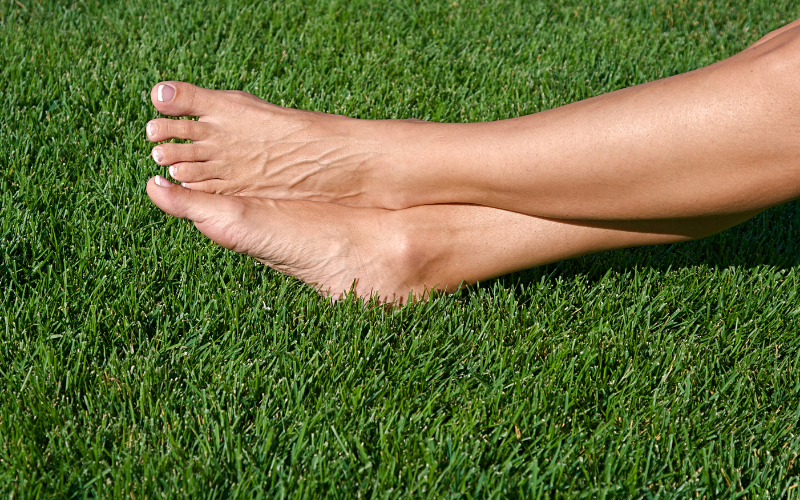The summer’s extreme heat can be brutal on your lawn. To combat the extreme heat, experts recommend combining strategies including regular fertilization, overseeding and reduced watering. While mowing your lawn is an obvious step, your mowing habits can impact the health of your grass. You can ensure a greener, thicker lawn by avoiding the most common mistakes.
Fertilization
Depending on your local climate, fertilizing your lawn is crucial for healthy, thick grass. Fertilization also helps control fungus, insects, and weeds. Weeds are a significant cause of dry and brown lawns. However, fertilizing your lawn helps prevent these problems by boosting your lawn’s nutrients and giving it a more vibrant look.
To achieve a lush, healthy lawn, fertilize it regularly. However, you should not use quick-release synthetic fertilizers, as these will make your grass depend on them and be less healthy in the long run. Many professional fertilizers may also contain additional micronutrients, bio-nutritional materials, and coatings for slow release. A quality fertilizer will give your lawn greener and thicker grass over time.
Overseeding
Overseeding your lawn is a great way to improve the quality of your lawn and give it a lush, green appearance. Choose premium grass seed specifically designed for your climate. You can also do a soil test to determine what nutrients your lawn needs. After overseeding, make sure you water your lawn daily and wait for the new growth to reach about one to two inches tall before mowing.
Overseeding your lawn is not an overnight process. The process is time-consuming, so it’s important to use top-quality seeds. Select the type of seed based on its composition and the current condition of your yard. Afterwards, make sure to water regularly but avoid creating puddles. Follow all of the seed instructions because not every lawn is created equal.
Watering less often
If you want to make your lawn greener and thicker, watering less often is an excellent idea. If you don’t have time to water your lawn every day, consider a weekly one-inch application of compost.
When the colour of your lawn is uneven, the answer might be different for different plants. While the sun can cause some plants to grow darker and denser than others, too much sunlight or little shade can result in pale green grass. Changing the watering schedule to less than twice a week can make a significant difference.
Iron
Fertilizers containing iron can make your lawn greener and thicker. Unlike other fertilizers, which can be harsh and overly fertilizing, ironite is low in nitrogen and potassium and will provide the necessary nutrients without burning your grass blades. The granular form of ironite can be applied like any other lawn fertilizer. However, be careful: the granular form can stain stonework and concrete. To avoid this problem, apply Ironite to the lawn in small doses.
While organic fertilizers can be seeded into the soil, synthetic supplements can be applied to the lawn after the season’s last frost. Synthetic supplements are more effective and last longer, but there are other times of the year when they may not be effective. You can also consult a professional lawn care company for advice. Trust Yard Dawgs Lawn Care for the best lawn care in Edmonton. This expert will be able to recommend the right time to apply iron to your lawn.
Another tip for ensuring a healthy lawn is to apply Epsom salt. This organic compound has beneficial minerals for grasses, and it increases the root growth of grasses by balancing pH levels in the soil. Using Epsom salt helps plants absorb nitrogen and phosphorus more easily. The soil itself is moist and balanced. And the added iron helps in reducing the pH of alkaline soils.
Soil amendments
Several soil amendments are available for your lawn, and most of them address one or more of the common problems that make your grass turn out unappealing. Compost, for example, is a universal soil amendment that does so many things for your lawn. It improves drainage in clay and sandy soils, encourages earthworms, adds rich nutrients to the soil, and balances pH levels. The compost will also encourage beneficial microorganisms to flourish in the soil.
If you are unsure whether your soil is pH-balanced or needs other amendments, start by checking your pH levels. Soil pH levels affect the colour of your lawn, so lime will help your lawn stay a beautiful, vibrant green. The soil pH is vital to grass growth and is especially important for lawns in rainy climates since a lot of rainfall can wash away essential nutrients. Also, consider fertilizing your lawn in spring and fall.

